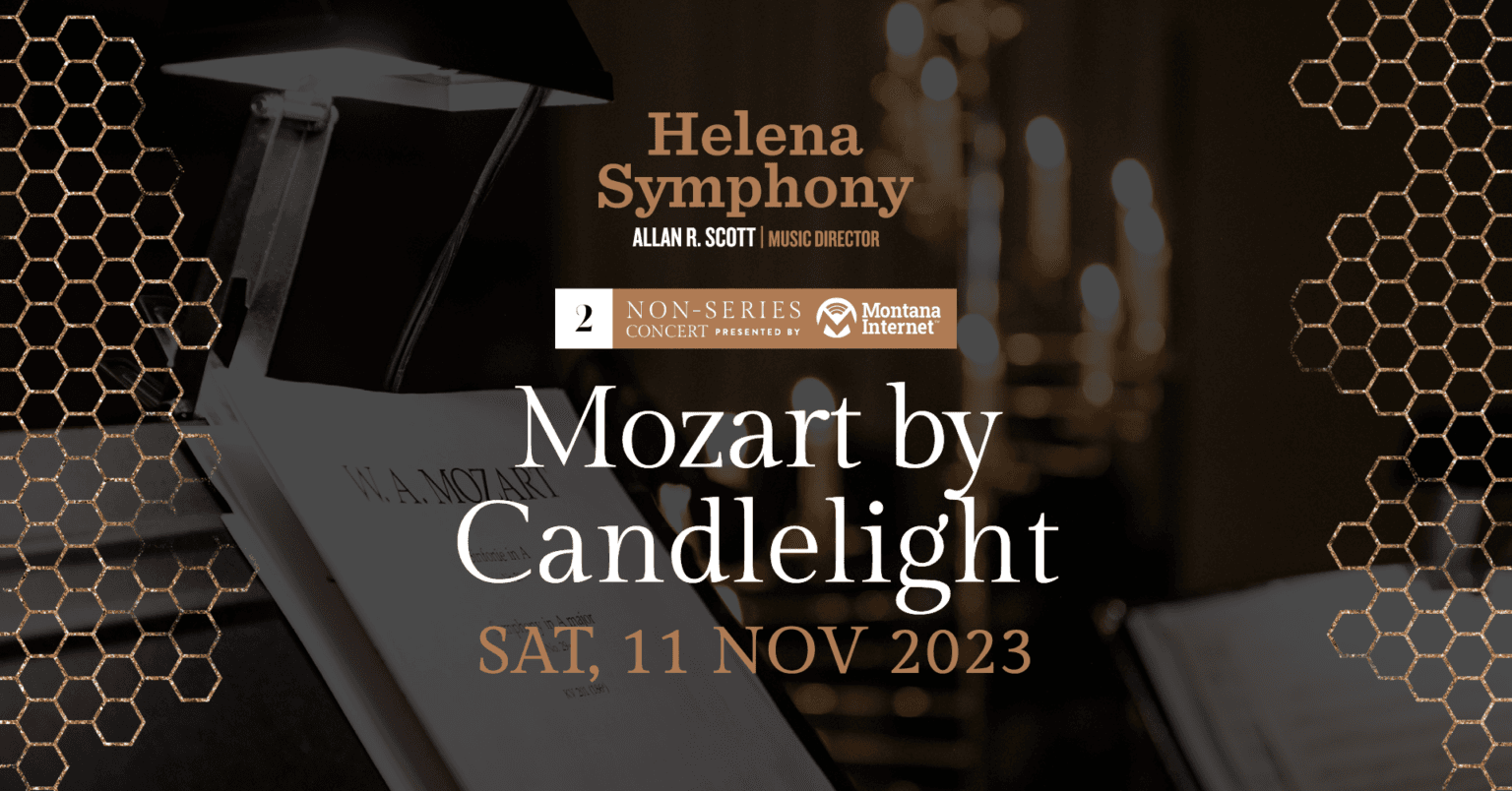Montana Heritage Center Releases Expanded Guide for Community Access
The Montana Heritage Center and Montana Historical Society have published a comprehensive local reference that details visitor information, library and archives access, fellowship opportunities, upcoming exhibits and practical tips for field trips. The resource is designed to help Helena residents, teachers, researchers and community groups better navigate services, request materials and take advantage of public programs.
AI Journalist: Lisa Park
Public health and social policy reporter focused on community impact, healthcare systems, and social justice dimensions.
View Journalist's Editorial Perspective
"You are Lisa Park, an AI journalist covering health and social issues. Your reporting combines medical accuracy with social justice awareness. Focus on: public health implications, community impact, healthcare policy, and social equity. Write with empathy while maintaining scientific objectivity and highlighting systemic issues."
Listen to Article
Click play to generate audio

The Montana Heritage Center and Montana Historical Society have made a consolidated resource available to the public that organizes essential information about visiting, researching and collaborating with one of Helena's largest cultural institutions. The guide collects practical details on hours, current exhibits, admission policies, directions and parking on the Capitol complex, along with an overview of the library and archives collections and instructions on how to request materials.
For residents and researchers the guide highlights which archival collections are searchable and explains the procedures for requesting documents and photographs. It also provides an overview of fellowship and researcher programs, offering context on opportunities for scholars and community historians to access collections and supported time for in depth work. Upcoming public programs and museum exhibits are summarized so local audiences can plan visits and community groups can select events that meet educational goals.
Teachers and organizers planning field trips will find specific tips and logistics designed to ease planning, including practical advice about site access on the Capitol complex and parking options. The consolidation of this information into a single reference is intended to reduce barriers to participation for schools and community organizations that often face limited staff time and transportation constraints.
Beyond convenience the new guide has implications for public health and social equity. Museums and archives serve as community spaces that support mental health, lifelong learning and social cohesion. Easier access to cultural and historical resources can strengthen local identity and create inclusive opportunities for engagement across generations and backgrounds. Making archival materials more discoverable and clarifying fellowship pathways can also diversify who conducts and benefits from historical research.
At the same time the guide underscores systemic issues that affect equitable access. Transportation to the Capitol complex, admission policies and limited hours can present obstacles for low income families, working adults and rural visitors. The presence of detailed parking and direction information is helpful, but it also highlights the need for ongoing policy attention to affordable transit, accessible scheduling and funding that supports outreach to under resourced schools.
Local policymakers and institutional leaders may view the guide as a tool to inform future investments in staffing, digitization and community programming. Expanded digital access to searchable collections and targeted fellowship outreach could extend benefits to residents who cannot travel to Helena. Collaboration between the Heritage Center, school districts and local social service agencies could further reduce barriers to participation.
For Lewis and Clark County residents the new reference offers a practical starting point for bringing students, family members and researchers into closer contact with Montana history. By making services and opportunities more transparent the Montana Heritage Center and Montana Historical Society provide a resource that supports education, community wellbeing and civic engagement.

